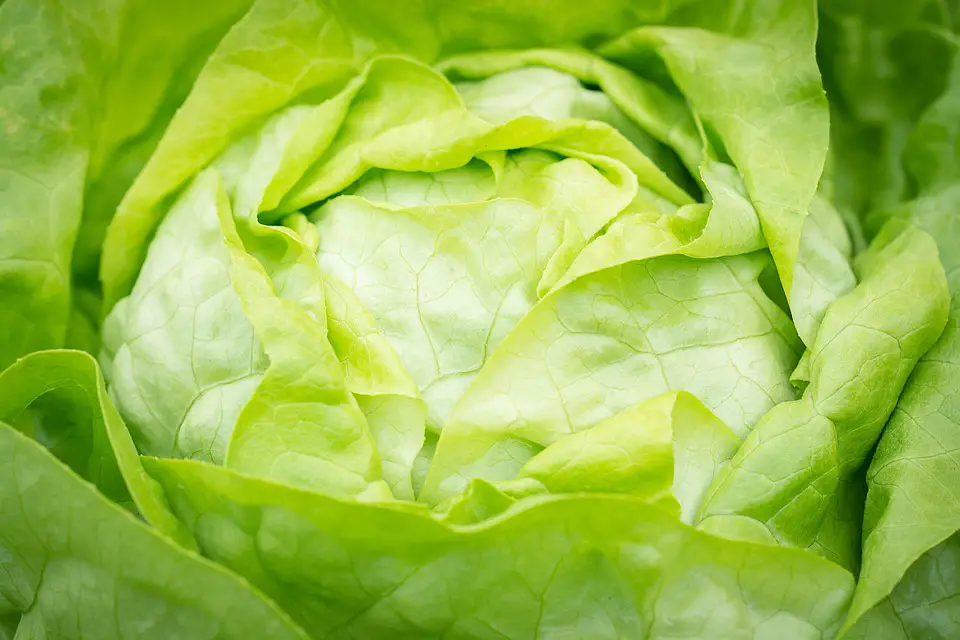Introduction
Sustainable gardening is more than just a trend; it is a necessary practice for the future of our planet.
As the world faces unprecedented environmental challenges, such as climate change and loss of biodiversity, it is crucial that we take proactive steps to mitigate these issues.
Sustainable gardening offers a practical and accessible way for individuals to contribute to a greener future by nurturing and supporting nature.
Benefits of Sustainable Gardening
Sustainable gardening brings numerous benefits to both the environment and the gardener.
By implementing sustainable practices, such as composting, using organic fertilizers, and conserving water, we can minimize our negative impact on the ecosystem.
Additionally, sustainable gardening promotes healthier soil, reduces pollution, and provides habitats for local wildlife.
Conserving Water
Water scarcity is a significant challenge faced by many regions around the world.
Sustainable gardening encourages the efficient use of water through practices like drip irrigation and rainwater harvesting.
By conserving water in our gardens, we can help preserve this precious resource for future generations.
Protecting Biodiversity
Gardens can play a crucial role in supporting biodiversity.
Sustainable gardening prioritizes the use of native plants that are well-adapted to the local environment.
By choosing native species, we provide food and shelter for native insects, birds, and other wildlife species.
This, in turn, helps maintain a healthy balance in the ecosystem and supports overall biodiversity.
Reducing Chemical Use
Traditional gardening often relies on the use of synthetic fertilizers and pesticides, which can have harmful impacts on the environment and human health.
Sustainable gardening emphasizes natural alternatives, such as compost and organic pest control methods.
By reducing the use of chemicals in our gardens, we can protect water sources, prevent harm to beneficial insects, and ensure the safety of ourselves and our families.
FAQs
Q: How can I start practicing sustainable gardening?
A: To practice sustainable gardening, start by analyzing your garden’s needs and considering native plants that are suited to your region.
Focus on improving soil health through composting and natural fertilizers.
Additionally, conserve water by using efficient irrigation systems and collect rainwater whenever possible.
Q: What are some sustainable pest control methods?
A: There are several sustainable pest control methods you can use in your garden.
These include attracting beneficial insects such as ladybugs and lacewings, using organic insecticidal soaps or neem oil, practicing crop rotation to disrupt pest life cycles, and maintaining a healthy garden ecosystem that encourages natural pest control.
Q: Can sustainable gardening be practiced in small spaces or urban environments?
A: Absolutely! Sustainable gardening can be practiced in any space, regardless of size or location.
In urban environments, you can utilize container gardening, vertical gardening, or community gardens.
Even a small balcony or rooftop can become an oasis of sustainable gardening.





